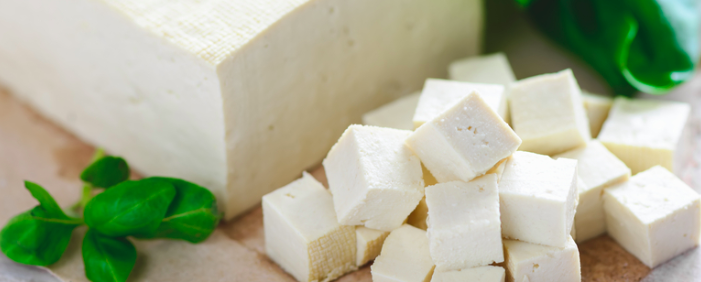
Proteins help to develop and maintain muscles, give energy and cut hunger. Here’s how much you should eat each day.
Do you eat enough protein?
The proteins are essential to a healthy diet. They contribute to the growth and repair of the tissues of the skin, bones, eyes, and, mainly, those of the muscles. In addition, they also strengthen the immune system. It is therefore normal to want to eat enough protein, but for many of us, this translates into overconsumption (especially those who eat a lot of meat and protein shakes). To get a strong, healthy body, you need to balance the right amount of protein with the right portions of food.
How much protein should we consume?
Michelle Meilleur, a homeopath and nutritionist who runs the Living Well Nutrition and Wellness Coaching Center in Belleville, Ontario, recommends her clients eat low-fat protein at every meal. Here are some examples: Greek yogurt, cottage cheese, chicken, lean meat, eggs, tofu and tempeh. “Thanks to protein, you will feel full and will not want to eat sugar she explains. The reason? These result in slow release of energy from carbohydrates; which gives the body more sustained energy and gives it a feeling of fullness that lasts longer than that from carbohydrates or fats. If you start the day with a bowl of cereal, for example, you will still be hungry for other carbs soon after. You will not be satisfied and your brain will want a muffin or a biscuit, it will not be satisfied with a source of protein from a yogurt, “she says.
This is why it is important to consume protein if you are looking to lose weight, since they will prevent you from nibbling. However, bingeing on meat at every meal is not the answer. “When it comes to protein, North Americans consume too much, which can be just as bad for your health,” says Angela Dufour, a dietitian at the Nutrition in Action Center in Bedford, Nova Scotia.
According to her, a balanced diet for adults is composed of carbohydrates (45 to 65%), healthy fatty acids (20 to 35%) and proteins (10 to 35%). “If you follow a diet that includes 2,000 calories, for example, it contains only a modest amount of protein. In this case, the daily protein intake for a man weighing 70 kg (154 lb) would be 56 g and that of a woman 58 kg (128 lb) to 46 g, “she says.
“In fact, if you’re talking about the ratio of protein to body weight for an adult, the ideal protein intake would be 0.8 grams per kilogram of body weight,” she says. However, what we have discovered about Canadians’ diets, at least according to studies of athletes, is that we consume 2-3 grams of protein per kilogram of body weight, that’s way too much. ” children and adolescents require more protein than adults, about 2 g of protein per kilogram of body weight).
Beware of the portions you eat
The size of the portions is important if you want to find the ideal balance. “It means eating three or four ounces of meat for example, not a ten ounce steak !,” says Michelle Meilleur. This corresponds to half a chicken breast or steak the size of a playing card. Proteins must be present in your diet, but in a reasonable amount. ” According to the nutritionist, many women (especially those looking to lose weight) consume too much protein and not enough carbohydrates, the body’s fuel. “You have to find a balance,” she insists. Protein helps build muscles, but if you do not eat vegetables, fruits, or whole grains, which are high in carbohydrates, you will only burn energy from proteins, which will prevent your muscles from developing. ”
Protein does not necessarily mean meat
According to Angela Dufour, it is not necessary to eat meat to ensure sufficient daily consumption. “The more meat you eat, the more saturated fat you eat. This increases your risk of cardiovascular disease, she warns. She recommends other sources of protein such as tofu (3/4 cup provides 21 g), eggs (2 large eggs contain 13 g) and soy milk (1 cup gives 8.5 g ). “Nuts (such as nuts), seeds and peanut butter are also an excellent source of protein, but they can contain a lot of fat, so you should consume it in moderation. Low-fat milk, yogurt (3/4 cup Greek yogurt contains 18 g protein!) And cottage cheese are also excellent substitutes. Seeds and legumes also contain some, but they are not easily absorbed by the body, “she says.
Knowing when to consume protein is just as essential
Finally, according to our two experts, if you are looking to develop your muscles, it is important to consume protein just after your workout, this allows the body to tackle as soon as possible the repair of muscle tissue that has been stressed. “Knowing when to eat protein is important,” says Angela Dufour. The ideal is to consume 20 to 30 minutes after training. Some studies show that the best is to consume as soon as possible. “You could, for example, drink chocolate milk, eat a little yogurt or a mix of nuts and dried fruits right after training,” she suggests.